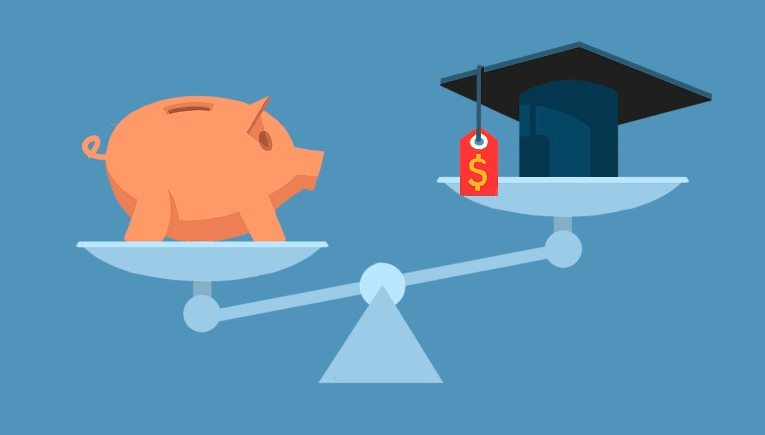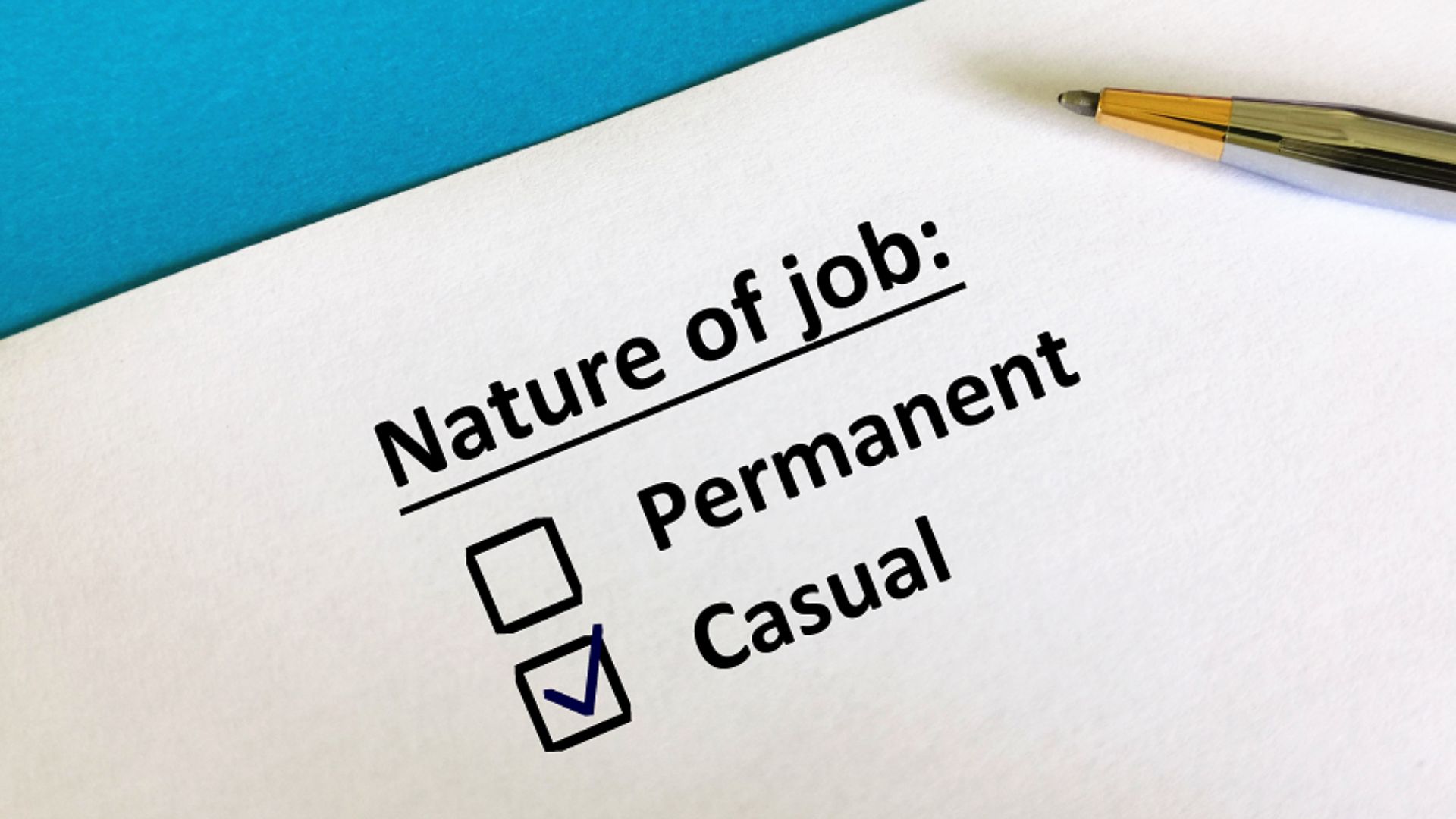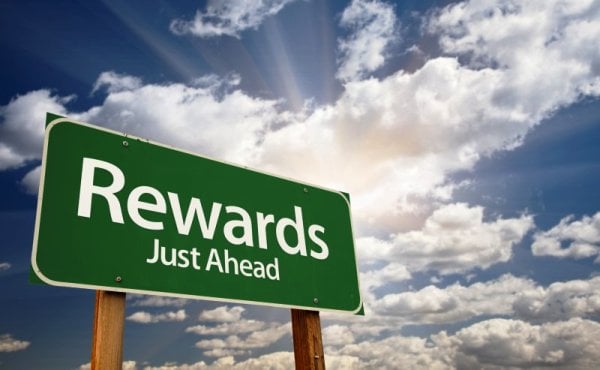Should I clear my short-term debts (credit cards/personal loans) or save for my first home deposit?
Our FHBA Coaches are asked the above question by many aspiring first home buyers who are unsure as to whether they should focus on paying off their current unsecured short-term debts (i.e. personal loans, car loans or credit cards) first or whether they should save a home deposit whilst they are repaying (i.e. making the minimum repayments) their short-term debts. There is no right or wrong answer, however, we have listed a few things for you to factor in when determining which is your best option.
Disclaimer: Please note our website, including this article, is in no shape or form designed to replace the need to obtain professional advice from experts such as Mortgage Brokers. All information on our website is general & factual in nature and should not be relied upon. In particular, we wish to remind you that the information in this article is not designed to replace advice. Please visit our website’s Terms & Conditions for more information. To speak with a licensed Lending Adviser please click here.
The first and most important piece of advice from our FHBA Coaches is that if you’re an aspiring first home buyer, you should avoid borrowing more in the form of credit cards & personal loans if you already have pre-existing credit card debt or personal loans. Below, we take a look at what first home buyers should consider and possible strategies that you could employ to get into your first home if you have some debts at the moment.
I have a high level of debt, what do I pay off first?
Generally speaking, if you have more than 5% of the purchase price for your desired suburb/house in unsecured debts (such as credit cards or personal loans, then it means you do have a high-level debt. In this case, you should consider paying off your debts that have the highest interest rate. That usually means your credit cards is the debt you should off first, especially when you consider that some cards have rates of up to 20% p.a. It is important to ensure you make all the required repayments, at a minimum because your first home loan lender could request credit card statements to ensure you have met your commitments in the past before they lend to you.
Therefore, in the case where you have multiple unsecured debts, you should consider paying off at least one of the debts as that would dramatically increase your borrowing power once you are ready to get your first home loan.
If you do have a high level & multiple types of personal debt and have a clean credit rating, then it is a good idea to check if you can get these consolidated into one easy to manage and lower repayments. Speak to an FHBA Coach today, as we can assist you with consolidating these debts!
The case for paying off debts first, then saving for a deposit
Paying off debt before you start saving can be a great option for those looking to pay off their debts faster and have less accumulated interest. Furthermore, the interest that you are avoiding on debt is likely going to be much higher than the interest you would earn on savings. This will allow you to have more money in total if you pay off your debt first and then start to build up savings second. It may be suitable to pay off the debts first and then start saving, in the below situations:
Single Income Household – If you are single or have a family in a single income earning household and you have some unsecured debt, your income may only be sufficient to meet your current living expenses and the repayments on the debt. If you don’t have much discretionary income left over after making your debt repayments & current living expenses, then there is a good chance that your borrowing capacity will be significantly lower than the situation where you had no debts. Therefore, in this case, it may be a good idea to pay off the debts before you commence saving for a deposit.
Low Income – If your income is considered to be low and you have some unsecured debt outstanding, then it may be wise to pay off the debts first before you start saving for your first home. Lower discretionary income can significantly reduce how much you can afford to borrow for your first home, therefore, you may have to compromise on the location and/or property type.
High-Interest Debt – If you are unable to consolidate or refinance your current debts into a lower rate or a product with better terms, then it may be a wise choice to focus on paying these debts off in full before saving for a deposit. This is due to the higher level of repayments you will have to make which in turn significantly reduces your borrowing capacity for your first home.
It’s a tough choice – but we can help you decide!
The case for saving for a deposit, while paying off debts
There are a few situations where it may be better to save for a deposit whilst you have unsecured debt commitments to make. Whilst, unsecured debt will almost always have a higher interest rate than a savings account, there are some circumstances where aspiring first home buyers may be able to save for a deposit rather than pay off their debt and then save. Some of these situations include:
High Income Household – If you are a high-income earner and have had to accumulate personal debt (maybe due to reasons such as buying a car for work), then it may be an option for you to still save some of your discretionary income whilst making the minimum repayments on your personal/unsecured debt.
Partner Returning to work – If you are a married or de facto couple, and one of the applicants are returning to work from maternity leave or planning to resume work, then saving for a deposit whilst repaying the debt can be an option. As the additional income for the second applicant can be used when you apply for your first home loan, this can significantly increase your borrowing capacity even with a low deposit.
Low Interest/ Interest-free debt – Many car dealers or finance companies may offer special interest rates or no-interest finance (and store cards) for the duration of the loan. As these may lower than the savings interest rate provided by the bank, then it may be wise to save all your additional funds rather than paying down these loans with special or zero % interest rates.
What are some other strategies?
If you have a mountain of debt, but you really want to own your first home then in some cases it could be worth considering the following:
- Sell your assets if you don’t need them, e.g. if you have a car loan and you have the option of downgrading your car to pay off the personal debt then you may consider selling your car.
- Balance transfer your credit card. There are many credit card balance transfer options offered by Australian Lenders, if you have a clean credit record you may consider getting a new credit card offering interest-free balance transfer period. This will help you avoid the high-interest costs involved in credit card debt.
- Close your credit cards if you have other personal loan commitments. This will ensure you resist the temptation of using the credit card balance available to purchase items.
- Avoid payday lenders as they have a detrimental impact on your credit score and do raise more questions from your first home loan lender.
In conclusion, as a general rule, if you have less than 5% of the purchase price of your desired property in unsecured debts such as car loans, personal loans and credit cards then you may consider saving for a deposit whilst you are repaying the debt. However, your borrowing capacity for your home loan will tend to be higher if you don’t have any debts, so if you can repay these debts then you should do so!
For those aspiring first home buyers with a high level of unsecured or short-term debt, it may be a wise option for you to get your debts below 5% of the intended purchase price and then start saving for your first home deposit.
Do you have questions for us?
We understand you may want to ask more questions to determine which strategy would be best suited to your needs. Therefore, all of our FHBA Coaches are qualified to assist and recommend suitable strategies for you.
If you want to start your first home buying journey today or if you would like a complimentary chat with a first home buyer broker/expert, please complete the form below:
Written By,
First Home Buyers Australia



